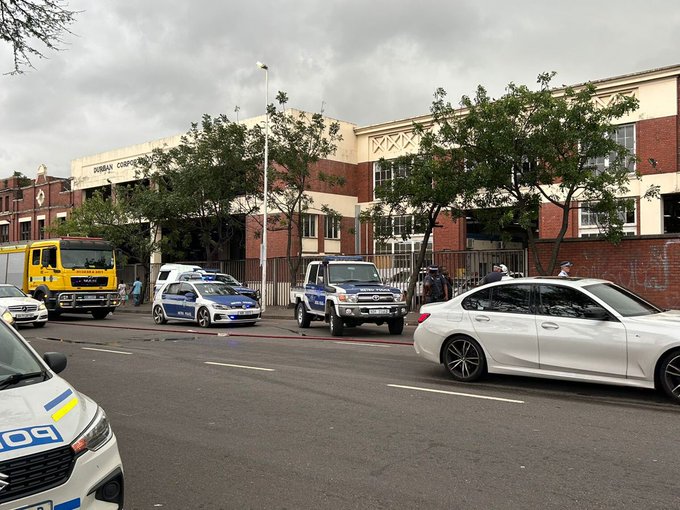
Uncertainty looms over KZN taxi strike as operators push for route clarity! The ongoing strike by long-distance taxi operators in KwaZulu-Natal (KZN) shows no signs of ending soon, with the South African National Taxi Council (SANTACO) admitting it cannot guarantee when the impasse will be resolved.
As the strike enters its ninth day on Friday, thousands of commuters remain stranded, and businesses reliant on taxi ranks are grappling with significant disruptions.
Root Causes of the Strike
The strike, which began over a week ago, stems from operators’ dissatisfaction with the permits they are expected to collect. They claim the permits exclude critical routes that have traditionally been part of their operations.

Mavava Sikhakhane, a prominent taxi boss, articulated these concerns:
“Some of the permits that they speak about have excluded some routes from the Durban station. So, if we take those permits, which association will those routes be granted under?”
The operators argue that these omissions not only jeopardize their businesses but also create confusion over which associations will have rights to the excluded routes, further fueling tensions.
SANTACO’s Efforts to Resolve the Dispute
In an effort to mediate, SANTACO held a meeting with the striking operators in Durban on Thursday. While acknowledging the legitimacy of some grievances, KZN SANTACO chairperson Boy Zondi urged operators to resume work while discussions continue.
“Even though there are certain concerns, we are saying to them they must carry on uplifting permits whilst we are trying to address the other routes that are not appearing in their permits,” Zondi explained.
Despite this call, many operators remain steadfast in their decision to strike, citing unresolved issues and mistrust in the resolution process.

Impact on Commuters and Businesses
The strike has left a devastating impact on commuters and local businesses. With no access to long-distance taxi services, thousands of people who rely on these routes for daily travel are stranded, facing challenges in reaching workplaces, schools, and other destinations.
For many small businesses operating at taxi ranks, the absence of daily foot traffic has led to a sharp decline in income. These businesses, ranging from food vendors to informal traders, depend heavily on the bustling activity of commuters to sustain their livelihoods.
“I haven’t had any customers all week,” said one vendor at Durban’s central taxi rank. “This strike is not just affecting the taxi operators; it’s affecting all of us who depend on this system to survive.”
Broader Implications
The prolonged strike highlights deeper systemic issues within the taxi industry, particularly regarding route allocations and the permit system. Operators have long expressed frustration with bureaucratic delays and perceived inconsistencies in how routes are assigned.
The current standoff also underscores the critical role the taxi industry plays in South Africa’s transport system. As the backbone of daily commuting for millions, any disruptions in the sector have far-reaching consequences for the economy and social mobility.

Striking a Balance
SANTACO finds itself in a challenging position, tasked with mediating between disgruntled operators and regulatory authorities. The council must address the operators’ concerns while ensuring minimal disruption to the public and businesses.
Zondi’s appeal for operators to return to work while negotiations continue reflects an attempt to strike a balance. However, convincing operators to end the strike without tangible progress on their demands may prove difficult.
Looking Ahead
As the strike continues, the focus will remain on finding a resolution that satisfies both operators and regulatory bodies. SANTACO and relevant government departments must act swiftly to address the route permit discrepancies and rebuild trust within the taxi community.
For commuters and small businesses, the hope is that a solution will be reached sooner rather than later to alleviate the strain caused by the strike.
Until then, the streets of Durban and surrounding areas will continue to feel the ripple effects of this dispute, underscoring the need for a more streamlined and transparent approach to managing the taxi industry.
#Uncertainty #looms #KZN #taxi #strike #operators #push #route #clarity



